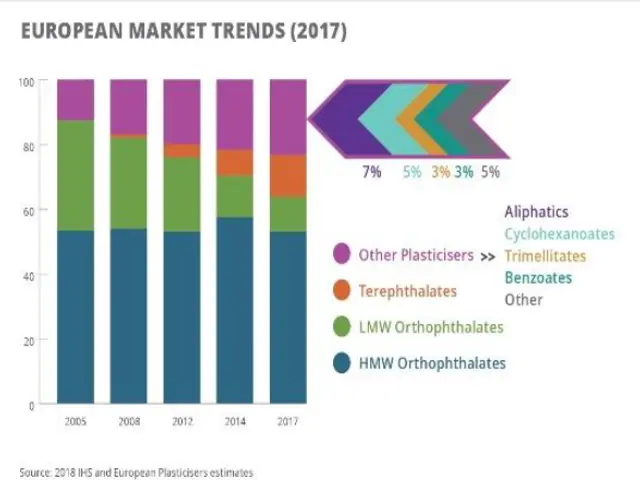Transforming Food Systems Could Save Millions of Lives and Reduce Emissions
Transforming global food systems is crucial to combat climate change and ensure food security. The EAT-Lancet Commission estimates annual investments of $200 to $500 billion are needed, with potential returns of over $5 trillion annually. This shift could significantly reduce greenhouse gas emissions and prevent millions of premature deaths.
Food production contributes to around 30% of global greenhouse gas emissions and is a major driver of planetary boundaries transgressions. The EAT-Lancet Commission suggests that transforming food systems could decrease these emissions by about 15% compared to 2020 values. This transformation would involve adopting the 'planetary health diet', which could prevent approximately 15 million premature deaths annually by reducing chronic diseases.
The commission proposes annual investments of $200 to $500 billion, with funding coming from a combination of public investments and private sector contributions. Redirecting agricultural and fisheries subsidies, mobilizing funds for climate and biodiversity, and aligning private investments can unlock this financing. However, nearly half of the world's population lacks reliable access to healthy food, a clean environment, or a decent wage, making this transformation a pressing global need.
Transforming food systems requires substantial investment, but the potential benefits are immense. By adopting the planetary health diet and redirecting subsidies, we can significantly reduce emissions, prevent millions of deaths, and ensure a sustainable, healthy, and fair future food system for all.








